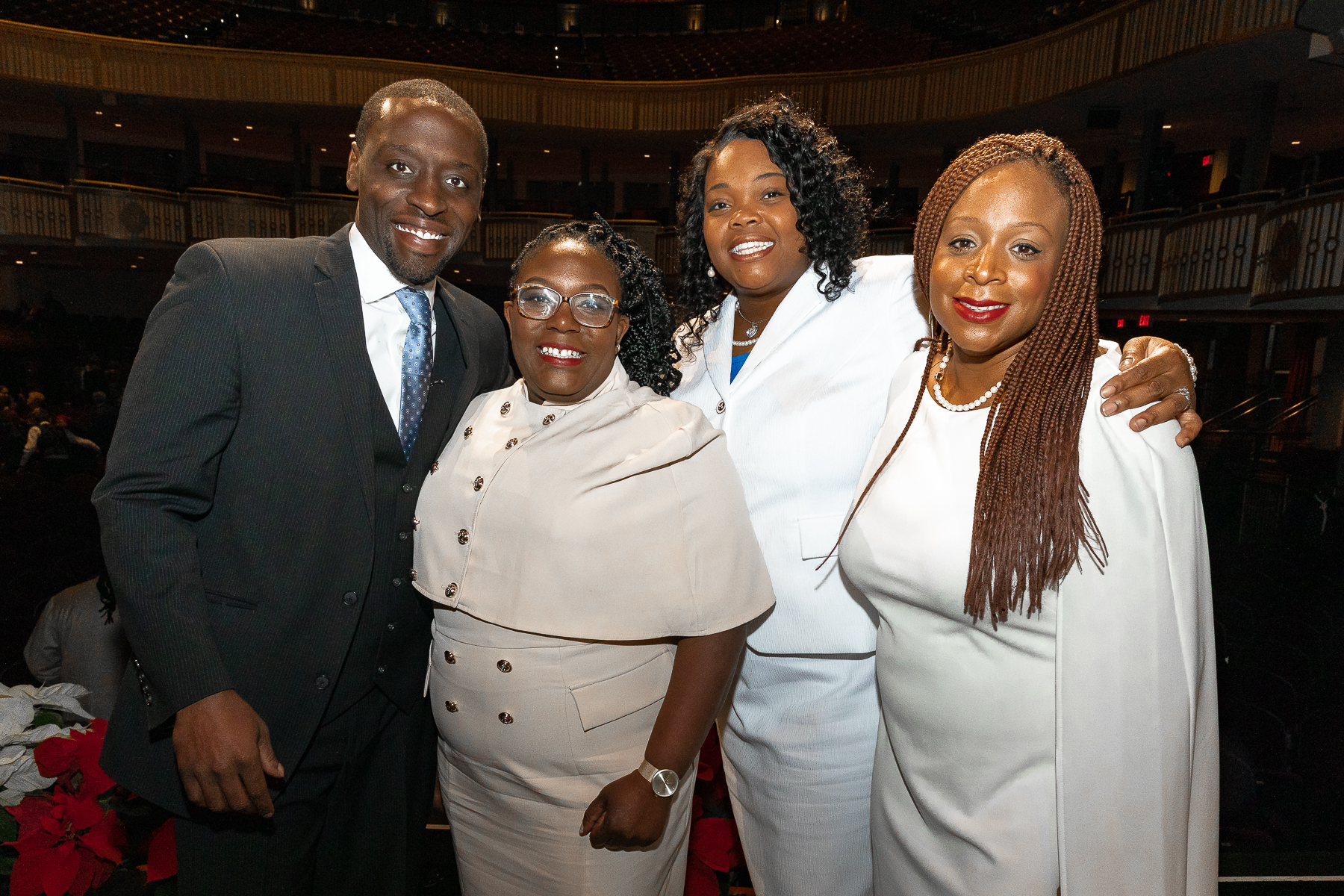
Recapping 2020 and looking ahead with Philly City Council’s Freshman Four
Councilmembers Jamie Gauthier, Kendra Brooks, Isaiah Thomas and Katherine Gilmore Richardson had quite the first year in office.
When the Freshman Four of Philadelphia City Council took office back in January of 2020, they were full of ambitious plans to push the city forward in ways no municipality in the country had done so to date.
They never thought a pandemic would be the circumstance such change would come about.
“We had barely been in City Hall for two months before coronavirus came to Philadelphia,” said Councilmember Katherine Gilmore Richardson.
On March 10, 2020, the first coronavirus case in Philadelphia was announced by Health Commissioner Thomas Farley, who was joined at the podium by Mayor Jim Kenney, all of City Council, and other leaders in city government.
Just before the announcement, Gilmore Richardson had hosted Farley in her first meeting with the Health Commissioner as a member of City Council. He had to leave early to break the news.
“We are dealing with COVID in Philadelphia,” he said on his way out of the meeting.
Gilmore Richardson’s first thoughts went to getting the word out to the public on how to stay safe.
“I just remember feeling like we had to educate,” she said.
Gilmore Richardson herself carried a “huge can of Lysol” around everywhere she went.
Councilmember Kendra Brooks remembers that in addition to Lysol, Gilmore Richardson had “a whole pocketbook full of wipes and hand sanitizer.”
“I was in panic mode,” said Brooks of her initial thoughts on March 10.
At the time, she was nursing a two-week sickness of her own and had also consulted Dr. Farley and her own physician about its symptoms. As the matriarch of her family, she wasn’t used to being sick.
It wasn’t COVID-19, and Brooks’ next thought went to what working from home would look like for her staff. She had seen how it affected New York and other states, but couldn’t imagine in the moment that the events of March 10 in Philadelphia were just part of a series across the globe that would change life as humanity knew it.
“This whole idea of a pandemic was unknown to everyone,” said Brooks.
As a first-time Philadelphia councilmember, she described it “like having your first day of school in another country.”
This was how a roundtable discussion held by AL DÍA back on March 25, 2021 began.
The talk, featuring Philadelphia City Council’s Freshman Four City Councilmembers of Kendra Brooks, Jamie Gauthier, Katherine Gilmore Richardson and Isaiah Thomas, was largely a look back at the year 2020.
For the four councilmembers, it was already gearing up to be a busy year as all dove headfirst into their first year as public officials. What followed was a trial by fire of industrial incinerator proportions.
From the COVID-19 pandemic and the uprisings that came following the murder of George Floyd by Minneapolis police officer Derek Chauvin, to the major rise in gun violence across Philadelphia, 2020 was a year that changed life for everyone in the City of Brotherly Love and across the globe.
However, through the muck that was the past year, four of Philadelphia’s brightest political figures saw hope. Individually, they tackle issues near and dear to their hearts, but together, they hold the capacity to change the future of the entire city, and remain steadfast in that mission.
A year and 15 days before the roundtable, Councilmember Jamie Gauthier remembers a fear lingering in the Mayor’s press chamber.
“There was some fear in not really knowing what was happening,” she said.
It was a time, Gauthier recalled, when no one knew the devastating potential of the coronavirus that had just infected its first Philadelphian. Her fear specifically went to her constituents in West Philly, who would be cut off from resources.
Still, the ordeal was thought not to last longer than the initial two-week shutdown that was announced.
For Councilmember Isaiah Thomas, it was a case of “I told you so” in conversations with his dad.
“He was really adamant about us not being prepared,” he said.
In those debates, Thomas always came away thinking the federal government would step in if things ever got dire. Then he would think about who was running the federal government at the time and hesitate.
Prior to March 10, Thomas recalled few discussions in City Hall about the coronavirus. It was one of the first things constituents asked him and his colleagues as the pandemic reality took hold in the city.
“To be honest, we weren’t having many at all,” he said.
Like their councilmembers, constituents had the same fear of the unknown. In addition to needing resources, questions came about school, about the length of quarantine, and branched into every facet of life in Philadelphia.
“It wasn’t just a virus, it was all the other ripple effects we’re seeing,” said Thomas.
Brooks remembers the most alarming moment coming when she started getting calls from people experiencing poverty for the first time in their lives.
These were middle-class people who had never had to apply for food stamps or wait in line at a food pantry to feed their families.
In one instance, a service worker in the hospitality industry called for help after all three of her workplaces shuttered not long after she had purchased a home.
“What do you tell that person?” said Brooks. “I didn’t have any answers.”
“Traumatizing” and “heart-wrenching” were two descriptors thrown around a lot in the discussion when thinking back to the early days of the pandemic. But in those dark moments were also calls to action for the freshman councilmembers.
Many came into office with messages of expanding the city and society’s social safety nets to include more people. Now, that expansion was necessary to avert total catastrophe.
“This is the thing we have been talking about all the time,” said Brooks.
As the councilmembers made the switch to virtual operation, they hopped into action on a number of bills and relief efforts.
Gilmore Richardson’s early focus was spearheading the city’s small business relief fund. The first $9.25 million fund was a partnership between the city, PIDC and the Daniel B. and Florence E. Green Foundation.
It received over 2,000 applications for funding just days after it went live and was meant as a bridge for struggling small businesses before bigger pots of money became available from the state and federal governments.
A later small business fund targeted specifically gyms and restaurants.
Gilmore Richardson also co-chaired City Council’s Disadvantaged Communities Task Force alongside Thomas, which heard testimonies of struggle and pleas for help from Philadelphians in all industries.
Out of that, both would partner to create, introduce and pass the Illuminate the Arts grant to help individual artists and arts organizations in the city get back on their feet.
Thomas also got to work on his Black Workers Matter legislation, which featured three bills that worked to both hire back laid off workers from the majority Black and Brown hospitality industry during the pandemic and also lessen its overall economic blow on the workforce.
He also looked to the future when considering his Keep it Local bill, which not only expanded access to government contracts for Black and Brown-owned businesses, but also demanded more transparency from the city in its procurement process.
“When we reopen, we can’t ask others to invest in Philadelphia if we’re not taking the lead in that conversation and investing in Philadelphia ourself,” said Thomas.
For Gauthier and Brooks, the major legislative fight throughout the Spring and Summer of 2020 revolved around the Emergency Housing Protections Act (EHPA), which they did so alongside Councilmember Helen Gym.
The five-part legislation confronted arguably the most under-the-radar threat of the shutdown — eviction. With the government mandating people to stay home and more businesses closing by the week, it left many without a means to pay rent.
As each month passed, more and more people fell behind on housing payments, running the risk of being tossed out of their homes in the middle of a pandemic.
Housing had taken on another meaning other than just shelter.
“Housing was healthcare, and if you didn’t have safe housing, you were much more susceptible to this deadly virus and so was everyone else around you,” said Gauthier.
Despite the dire circumstances, she still called the job of getting EHPA passed “a lift.”
“Even in a pandemic, some folks didn’t look at those renter protections in a friendly way,” said Gauthier.
Her bills part of EHPA gave renters the opportunity to recover damages from their landlords for illegal lockouts and also allowed for rent repayment to take place over an extended period of time for those facing financial hardship.
Brooks’ bill that was part of the passed EHPA waived late fees on rent for those experiencing COVID-19 hardship. She had another proposing a rent freeze, but it failed to pass out of committee.
Regardless, the legislative effort saved thousands of Philadelphians from eviction, and the Eviction Diversion Program created by Gym has been extended into 2021, and could become permanent.
After the fight that was EHPA, Brooks turned her attention to the question of what paid sick leave looked like as the Philadelphia economy slowly reopened from COVID-19.
“We were at a point that, if people are sick, they need to stay home,” she said.
Out of the question arose her Public Health Emergency Leave bill that required employers to give two weeks of paid sick leave to workers that had to physically report to work and specifically, those in gig and healthcare work that were excluded from the federal Families First Coronavirus Response Act.
The legislation sunset on Dec. 31, 2021, but as Philadelphia continues on its slow road back in 2021, Brooks’ bill was reintroduced and reinstated for the length of the current declared public health emergency.
But as the councilmembers were developing solutions for a pandemic changing life as we know it, another life-altering tragedy played out a little more than 1,100 miles West of Philadelphia.
It came three months and 15 days after the announcement of Philadelphia’s first coronavirus case. On May 25, 2020, police in Minneapolis, Minnesota responded to a call at a convenience store about a man passing a counterfeit $20 bill to the clerk.
The officers found George Floyd outside of the store. During the ensuing arrest, officer Derek Chauvin kneeled on the neck of a handcuffed Floyd for nine minutes and 29 seconds, murdering him.
“I couldn’t imagine someone putting your knee on a man’s neck until he died,” said Gauthier.
Amid a pandemic that had already taken so much from Black and Brown communities, Floyd’s murder at the hands of a police officer completed what she called “the perfect storm” for the rage that followed globally, including in Philadelphia.
“People were struck by the inhumanity of what happened, the inequality of that moment, but also decades and decades, hundreds of years of being in this country,” said Gauthier. “George Floyd was the match.”
Especially hard hit was her home of West Philly. In the waning days of May and early June, it was the epicenter of massive uprisings, looting and violent standoffs with police in riot gear.
On May 31 in particular, Gauthier remembered the tanks that came rolling down 52nd street, and at one point, she found herself in between a tense standoff of riot police and protesters.
But she wasn’t alone. All of her Freshman Four colleagues found themselves in her neck of the woods in the immediate aftermath of George Floyd’s murder.
Later in the night on May 31, Thomas was in the area attempting to have a conversation with police that had barricaded 52nd street.
“They really didn’t want to hear from me,” he said.
When he and his group left for 10 minutes to get gas, the police advanced on the protesters and arrested them. It was then, Thomas noticed the looting start. He called 9-11, but no one picked up.
“This is where you switch from councilmember to dad, I gotta go home,” he said.
As he and his team made it back to the Northwest of the city, a ride up Broad street brought more of what they had seen before leaving West Philly.
RELATED CONTENT
“We see looting in ways that we had never seen in my life,” said Thomas.
Again, before heading home, he and his team would try to contact the police, but this time by going to the 35th police district headquarters.
“The cop looks at me calmly, like, ‘There’s nothing we can do, we’re overwhelmed right now,’” said Thomas.
He would spend most of the next day cleaning up the areas that were damaged or looted the night before.
Gilmore Richardson remembered her usually quiet and predominantly older neighborhood of Wynnefield out in the streets protesting with the rest of the city.
“As a Black woman, as a wife of a Black man, as the mother of a Black boy, to watch that video, I was sick,” she said
It also hit close to home because during Gilmore Richardson’s previous two pregnancies, were also times of major strife between the nation’s Black communities and police.
Back in 2014, it was the Summer of Eric Garner, Michael Brown and Tamir Rice. Two years later, Alton Sterling and Philando Castile were names being chanted in America’s streets.
In the Brooks household, the councilmember found herself at war with her 16-year-old daughter, who wanted to go to West Philly and join in with the protests happening there.
Brooks admitted it was a hard conversation to have, trying to explain why going out there without backup wasn’t the greatest idea.
“We were trying to plan out our strategy for activism,” she said.
At the forefront of Brooks’ mind was also the state of Gauthier, who had let her colleagues know via a group chat that she was going out to see what she could do to calm the situation.
“Without her presence, what we saw could’ve been far worse,” said Brooks.
What happened was still a stain on the city and it left the Mayor and police department at the mercy of its population. It got even worse five months later, as Walter Wallace Jr. was gunned down by Philadelphia police on Oct. 26. 2020, and the city erupted with rage once again.
Seeing the video early along with the rest of City Council, the Freshman Four remember feeling the same rage.
“I’ll never forget that day,” said Thomas, before recounting how he and Gauthier got into an argument “over nothing.”
On the whole, City Council responded to the uprisings across the city by cutting the police budget heading into the Summer of 2020.
Gilmore Richardson introduced and passed a bill that made the city’s contract negotiations with the police union a public affair — it’s something she continues to battle in court. Thomas also introduced a bill that banned some traffic stops in the city because of how the practice disproportionately targets Black individuals.
Despite the changes that happened in Philly and the three guilty verdicts against Derek Chauvin, a lot of work still remains to truly reform Philadelphia and the nation’s law enforcement.
It was a top issue for all of the Freshman Four heading into office, and remains there a year into office.
Another top issue discussed at the roundtable on March 25 was the city’s continued struggle with gun violence. As of April 29, 2021, homicides in Philadelphia are up 33% compared to the year before. They were also up last year as the pandemic hit the city.
It’s something Gauthier noticed early in West Philadelphia, and she’s taken a lead on the issue for her Freshman Four colleagues and all of City Council.
“Not only were the neighborhoods I represent being ravaged by COVID, they were under siege,” she said.
Her message towards the end of 2020 and now into 2021, is to treat the city’s gun violence epidemic the same way as COVID-19 — as a public health emergency.
“It is a fact that gun violence is a preventable health crisis,” said Gauthier.
She has feuded with the Mayor to declare a citywide emergency since last year, and while it didn’t happen, the city now holds weekly gun violence hearings in the same manner as its daily coronavirus updates.
That is just one of the measures Gauthier outlined in the roundtable. Beyond that, there are a number of evidence-based approaches that all involve surrounding those most at-risk to victims or perpetrators of gun violence with support, counseling and employment opportunities.
It starts with street outreach, which is already done to some extent in Philadelphia with group violence intervention or community crisis intervention pilot programs.
The key is more and consistent investment in those programs and more for change to happen.
As City Council enters the throes of debate surrounding Mayor Jim Kenney’s recently proposed 2022 budget, Gauthier sees it as the perfect time “to show Philadelphia how serious we are about this issue.”
“We need to put the money where our mouths are,” said Brooks.
Gilmore Richardson is supportive of bringing back curfew centers for young people in the city, and held hearings about making conflict resolution and making it mandatory in the School District of Philadelphia.
Thomas took part in gun violence hearings with Councilmember Kenyatta Johnson, and brought up the need for a better arrest record from the police in gun violence cases.
“That has to be a conversation,” he said. “Someone is more likely to be killed for killing someone than arrested for killing someone.”
Thomas also mentioned the importance of whoever will take the helm at the Eastern District of Pennsylvania, and mentioned how some gun cases at both the U.S. Attorney’s office and DA’s office are not being charged adequately.
Much like gun violence in Philadelphia, the issues of the city now and in the future will not be solved with silver bullets. However, the Freshman Four will play integral roles in the solutions that are put forth.
A year into the job and after the ultimate trial by fire, they felt exasperated by the experience of everything being their problem and had to admit they couldn’t solve everything thrown their way.
But they didn’t give up, and came out the other end better for themselves and their constituents.
“As hard as this first year as an elected official was, it was probably the best experience I could have had for the rest of my career,” said Brooks. “Through tough times, we learned how to legislate, we learned how to govern. 2021 can be the highlight of what’s to come.”
Watch the full roundtable below.
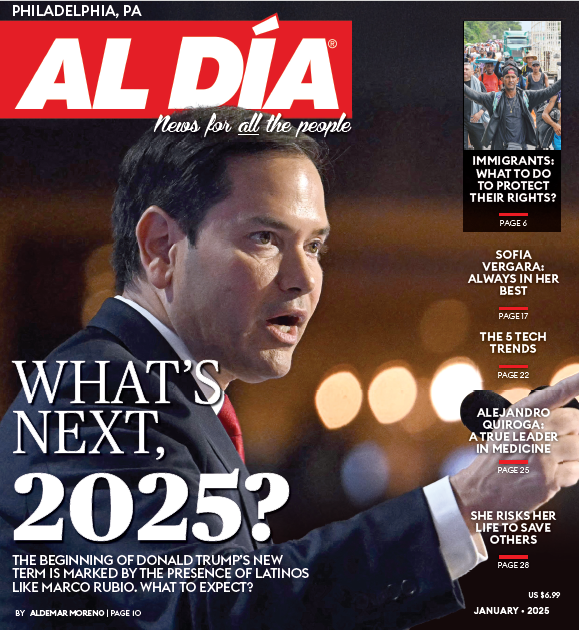

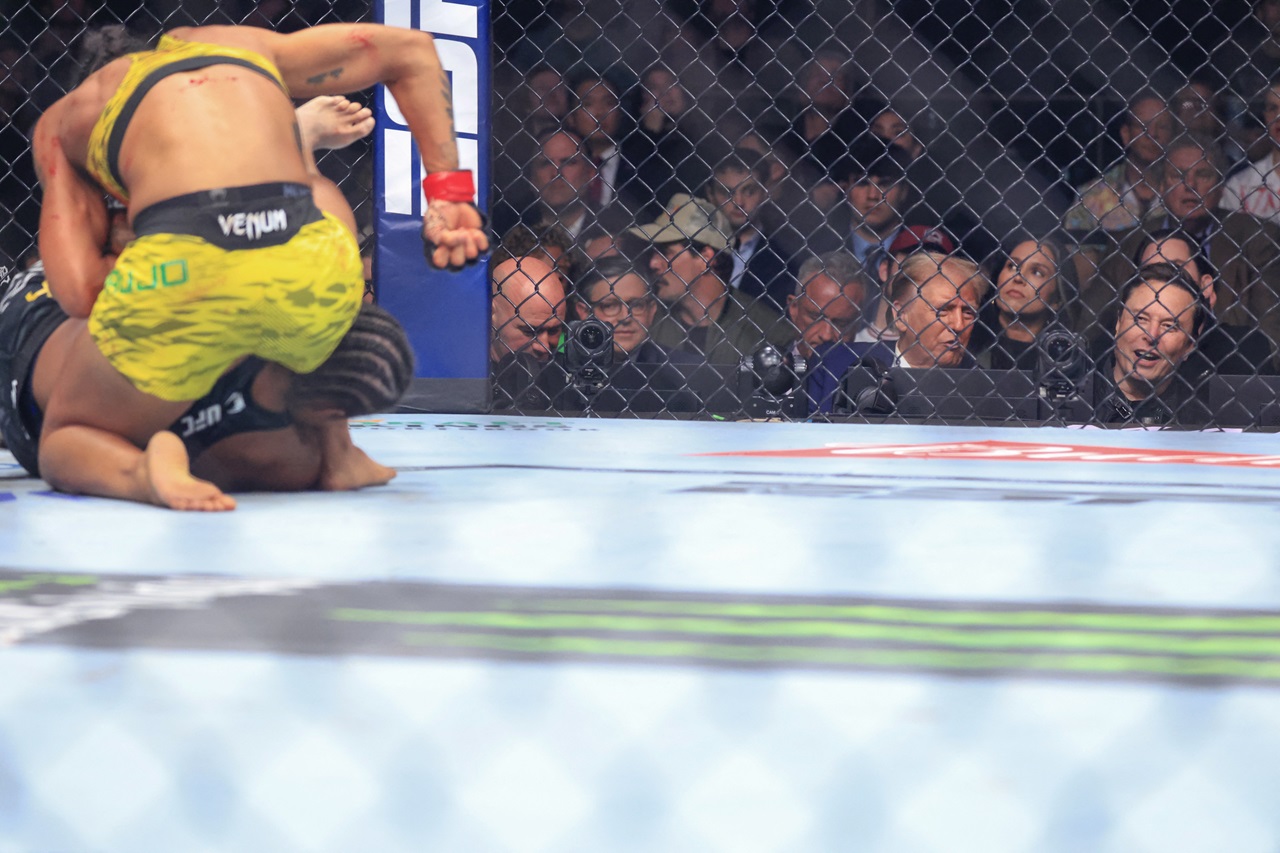
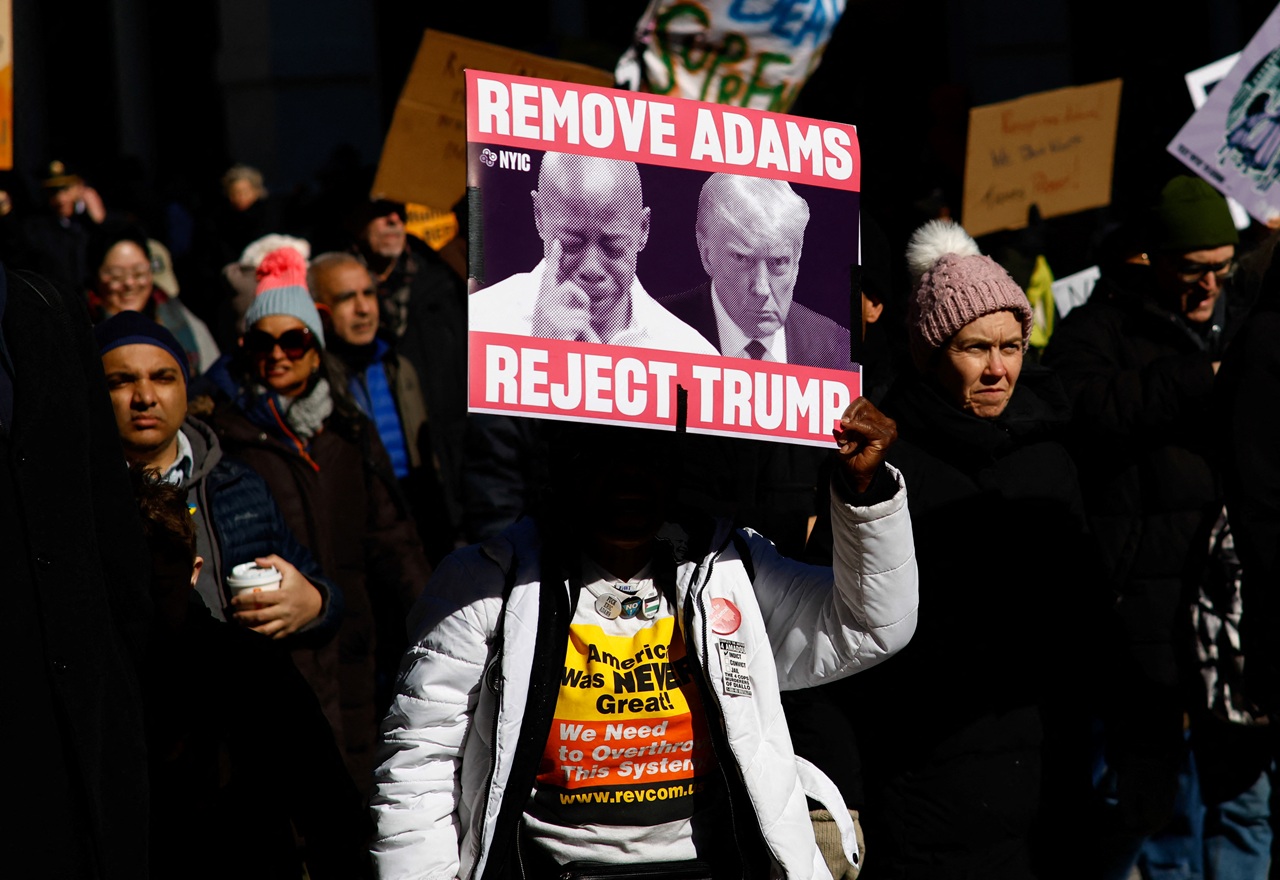
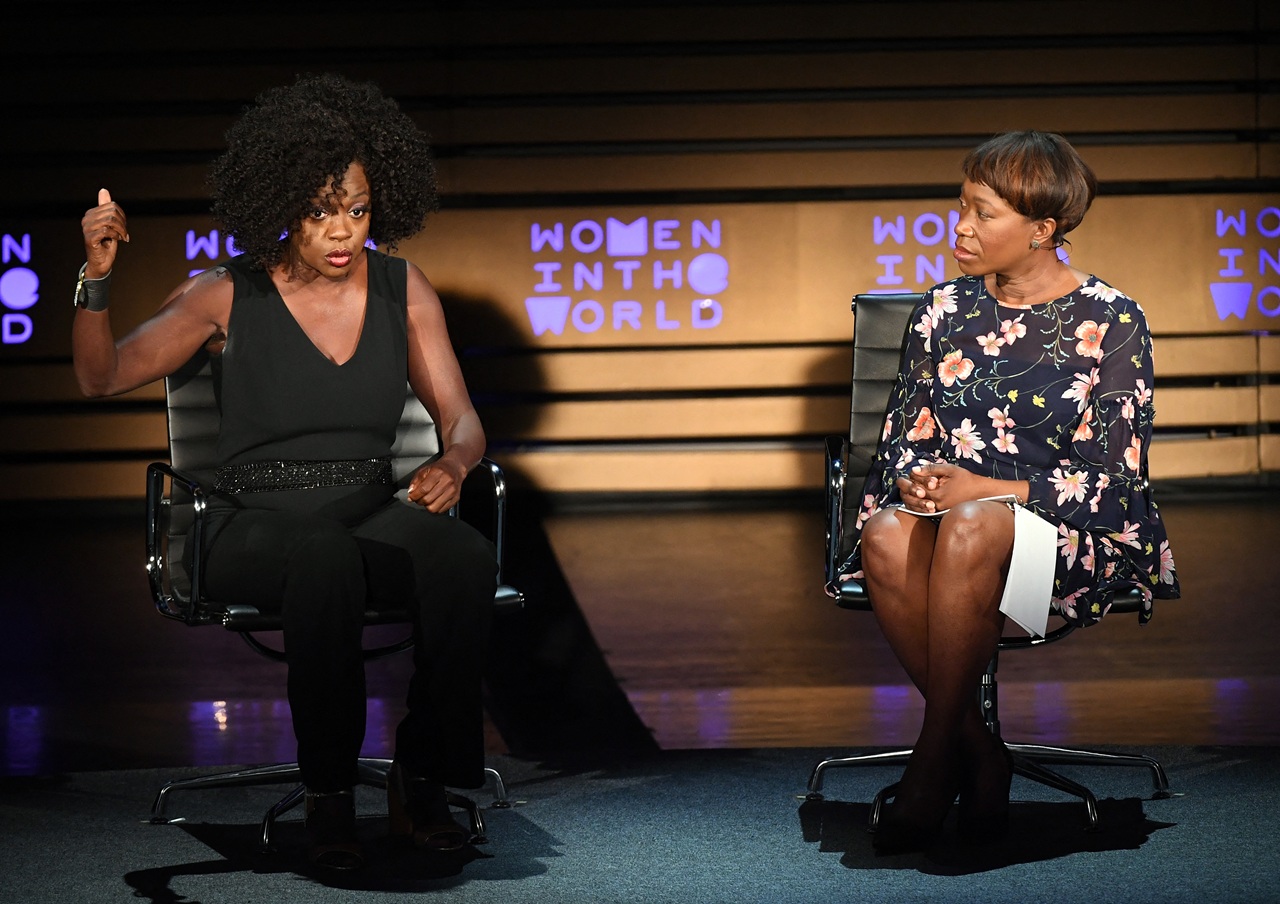
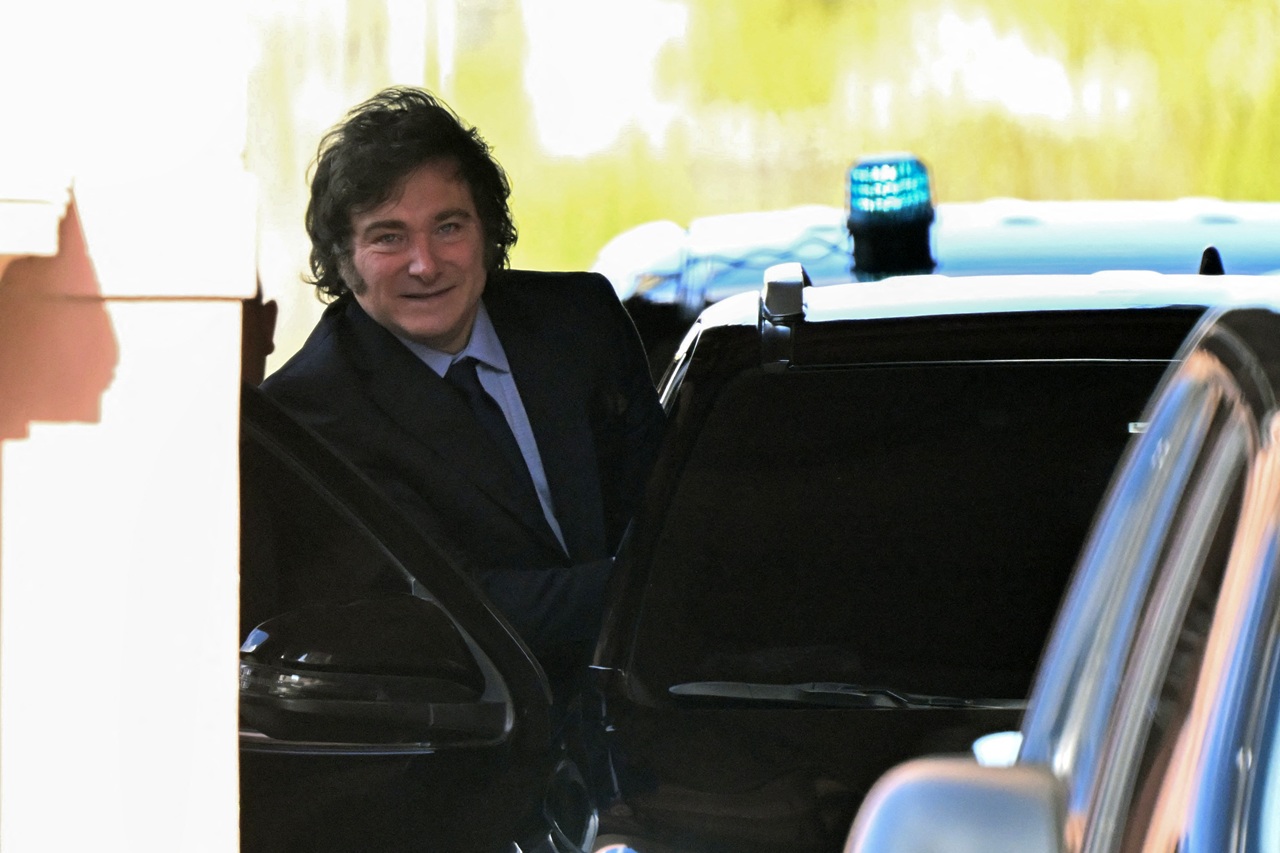

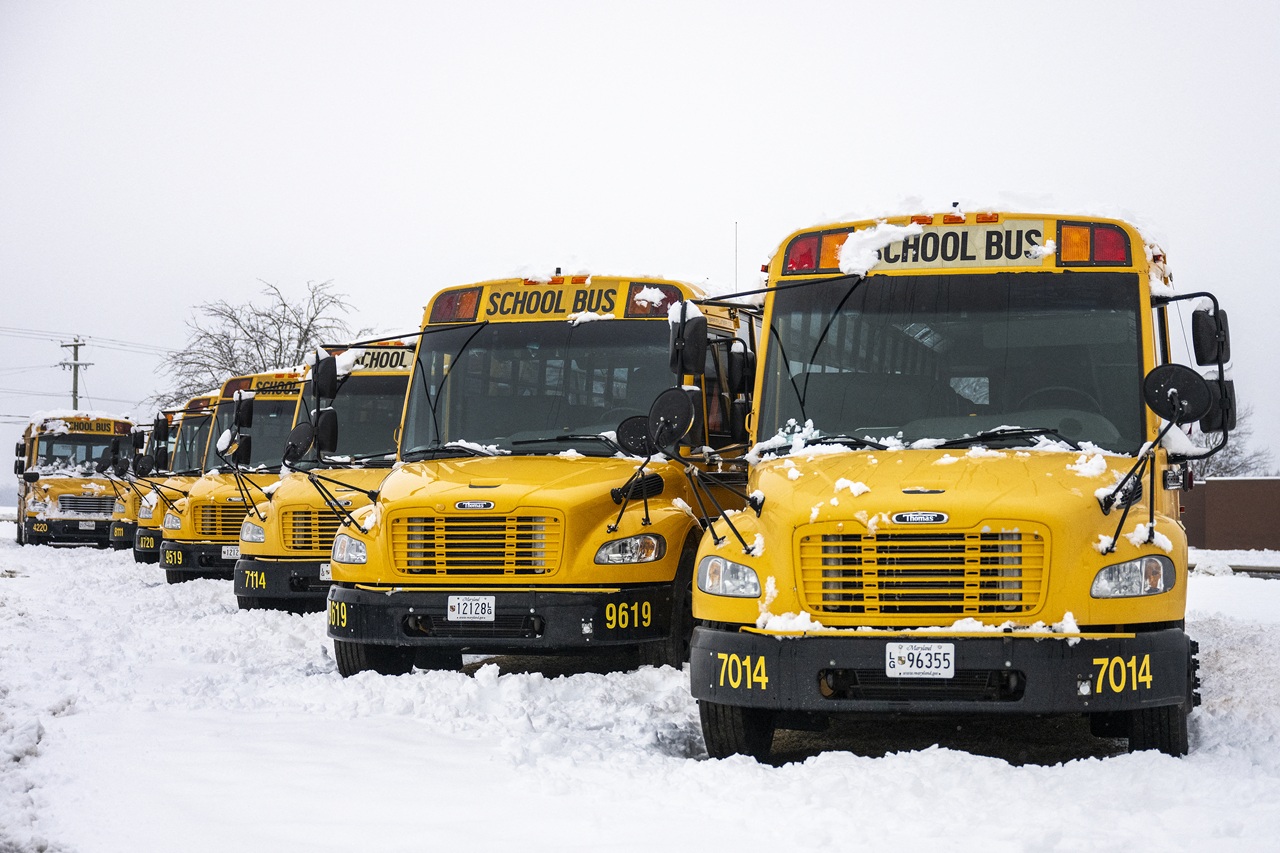
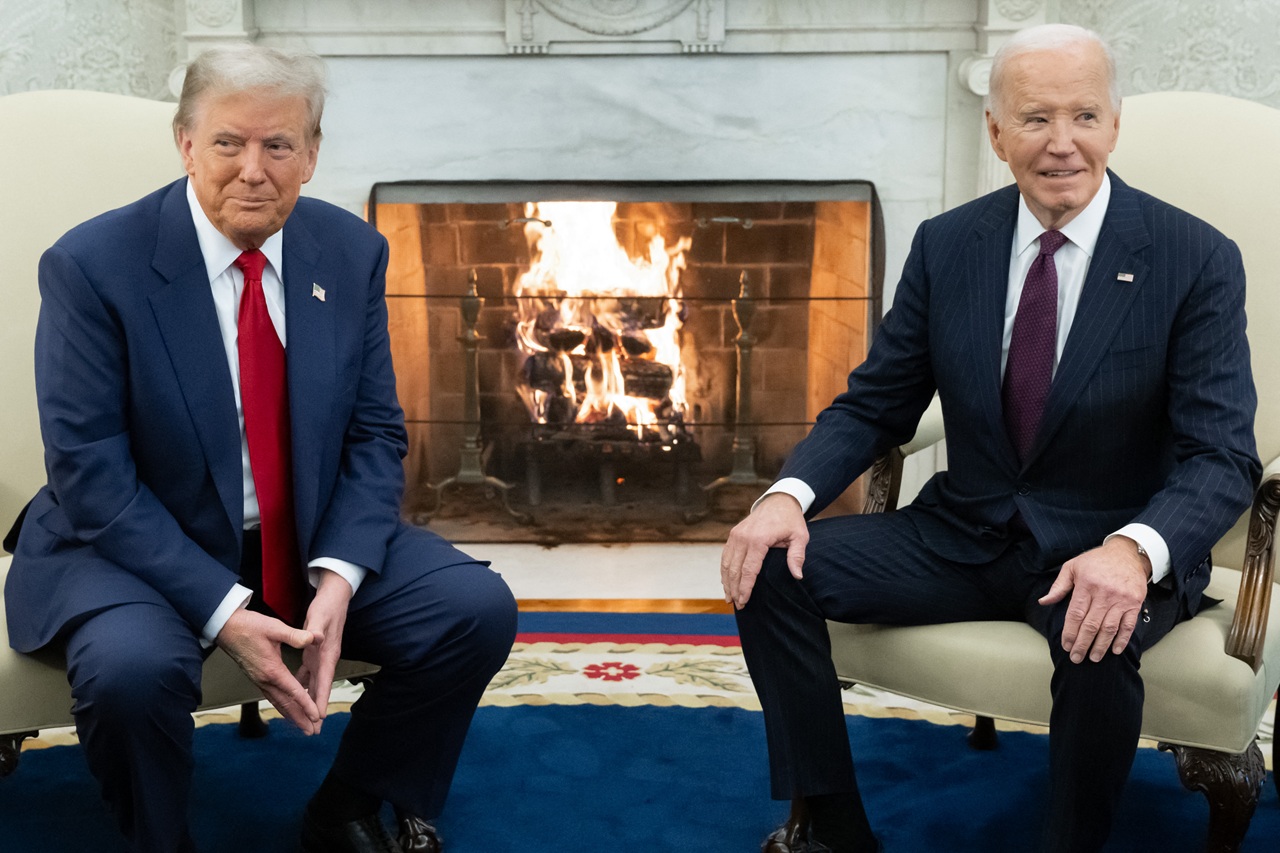


LEAVE A COMMENT: